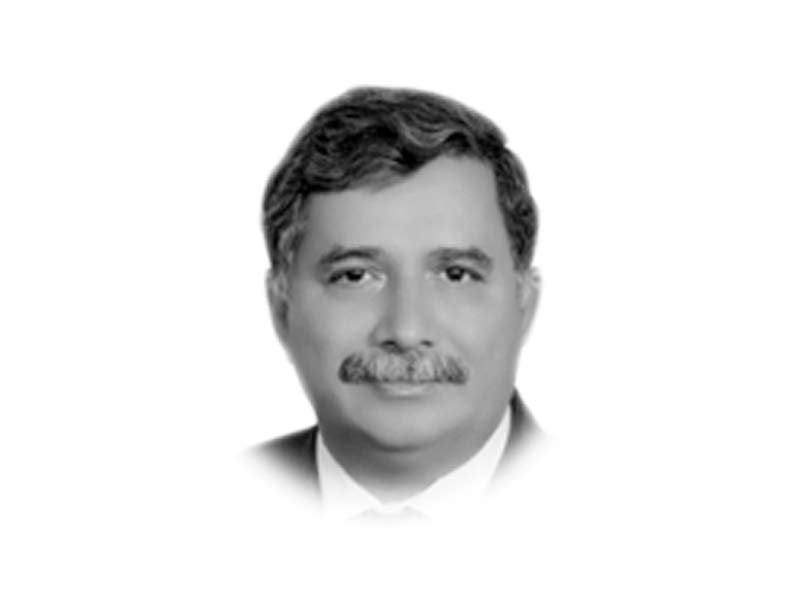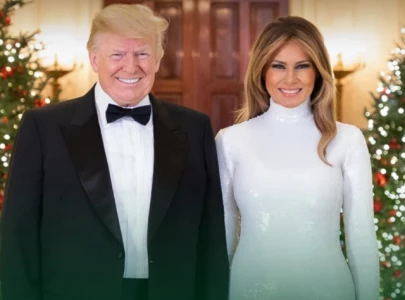
The vested interest groups had already made public their anxieties over the nature of reforms. They had resorted to the very familiar tactic of using local customs and traditions as a pretext for derailing the reforms agenda. They conveniently ignored the fact that after getting rid of the much hated FCR system based on collective responsibility, the only logical alternative was to bring the tribal areas on a par with the settled areas. The administrative integration of levies and khasadar with the provincial police was therefore an integral part of the merger plan. Unfortunately, a group of bureaucrats in cohort with the K-P governor, disregarding the constitutional provisions, enacted the Interim Governance Regulation. Thankfully, the High Court and the Supreme Court thwarted such efforts by declaring the regulation ultra vires of the Constitution.
Knowledgeable sources say that the lobby of Administrative Services and the Governor, not content with his constitutional role under the 18th Amendment, hoodwinked the executive authority of the Chief Minister by manipulating an administrative order to deal with affairs of the merged districts. This resulted in a diarchy and acrimony between the Chief Minister and the Governor. While the tug of war was in full swing involving formation of committees and then undoing them, the issue of extension of police and merger of Levy and Khasadars also surfaced. In a meeting of the APEX Committee held in the Governor’s House, the cat in the form of Levy Act was finally out of the bag, ousting the role and command of IGP over the Levies force. Interestingly, the K-P government didn’t listen to the IGP’s advice and got him transferred while at the time of requisitioning his services the then CM had emphasised his tribal connection as his chief merit. The governor in his public pronouncements has tried to dispel the impression of a diarchy being established and has contended that 28,000 people working in Levies forces would be gradually absorbed into regular police force.
One may not ignore the fact that before the merger all departments of the government were functioning in the tribal areas. In fact, the only missing link towards integration of the tribal areas was the absence of judiciary and the police in those areas. What concerns me most is that by avoiding integration with the K-P Police a Malakand-like situation would be created which had remained the safe haven of kidnappers, hijackers of vehicles and receivers of stolen cars. The police of bordering areas could not go there without the explicit permission of Deputy Commissioner. These kind of artificial fissures in enforcement of laws go against the very essence of good governance. A state finds its legitimacy only if it doesn’t allow ungovernable spaces in its territorial jurisdictions. A state that is unable to ensure uniform application of laws and cannot enforce the rule of law in accordance with its constitution sliding into chaos and anarchy.
Policies need to be consistent and coherent if the policy makers want them to be meaningful. The divergent systems of law enforcement may set at naught the administrative integration of the merged tribal areas with K-P province. It is, therefore, of paramount importance that the overall command of Levies and khasadar forces in the province should be given to the IGP of K-P province. Having two different organisational structures and heads is neither good for efficiency and effectiveness of public services but also runs contrary to the spirit of the rule of law.
The much-hyped mainstreaming of Fata is a good case study of how various vested groups operate in a polity. We can learn that in order to bring about sustained, tangible transformation in Pakistan’s criminal justice administration system, mere enacting of new legislation is not enough. While concrete thought through implementation mechanisms are missing and socio-legal realities remain static, the hype of reforms ends up as a façade of progress.
Published in The Express Tribune, March 6th, 2019.
Like Opinion & Editorial on Facebook, follow @ETOpEd on Twitter to receive all updates on all our daily pieces.



1719319701-0/BeFunky-collage-(10)1719319701-0-165x106.webp)







1735025557-0/Untitled-(96)1735025557-0-270x192.webp)







COMMENTS
Comments are moderated and generally will be posted if they are on-topic and not abusive.
For more information, please see our Comments FAQ